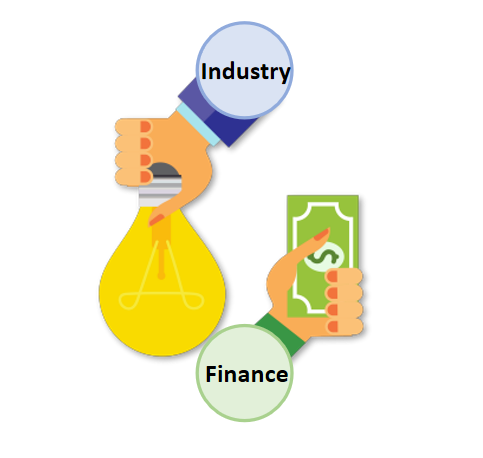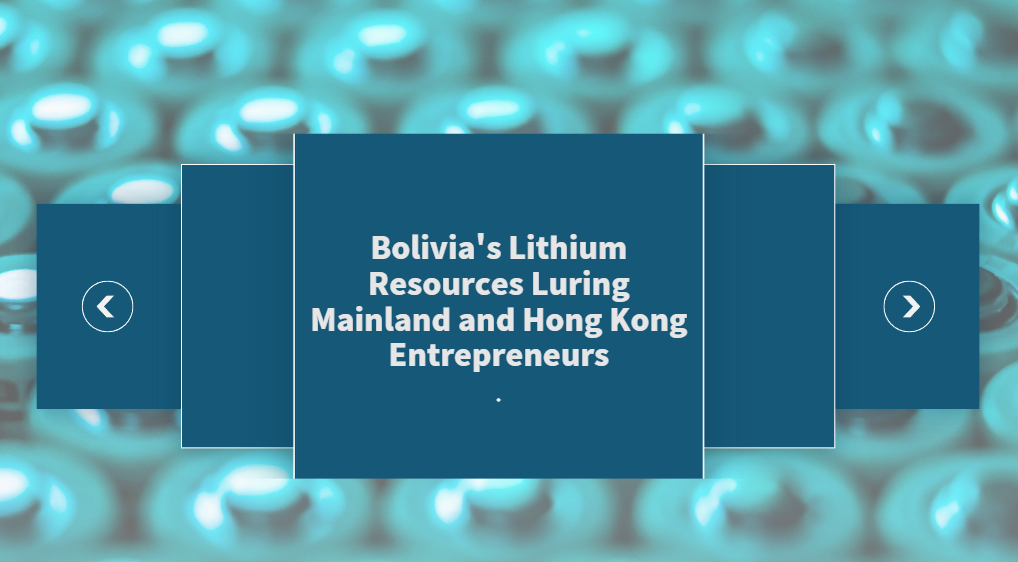2024 Investment Climate Statements: Mongolia
EXECUTIVE SUMMARY
Mongolia's frontier market and vast potential natural resource reserves represent potentially lucrative opportunities for investors but vulnerability to external economic and financial shocks, ineffective dispute resolution, and lack of input from stakeholders during rulemaking warrant caution. Mongolia imposes few market-access barriers, and investors face few investment restrictions, enjoying mostly unfettered market access. Franchises such as fast food and convenience stores, outperforming expectations, suggest that investors can bring successful international business models to Mongolia. The cashmere apparel and agricultural sectors also show strong promise. However, investing into potentially highly lucrative but politically sensitive sectors, including mining and energy, carries higher risk.
Mongolia attracts investor attention but has trouble converting interest into investment. Unless and until Mongolia embraces a stable business environment that transparently creates and predictably implements laws and regulations, investors may find Mongolia too risky and opt for more competitive countries. Businesses face substantial and unpredictable regulatory burdens at every level, asserting that officials across ministries and agencies, ignoring the actual statutes and regulations, routinely make decisions contravening existing legislation. Investors continue to cite long delays in reaching court judgments, followed by similarly long delays to enforce decisions and report that such administrative bodies as the General Tax Authority are so chronically unable and unwilling to resolve disputes that their behavior creates an indirect expropriation risk. Investors are particularly concerned about a tax process that effectively lets officials issue excessive, confiscatory tax assessments to coerce settlements. Finally, the perception that the government favors its own state-owned entities over private sector companies discourages existing investors from expanding, and new investors from coming. While Mongolia's economy, and particularly its trade and transport sectors, have recovered strongly from COVID-19's aftermath, investors also cite ongoing and potential of supply chain issues for critical imports related to developments. More positively, parliament has streamlined procedures for, and reduced the required number of, permits and licenses while the government has moved delivery of most services onto digital platforms, increasing efficiency of its business registration processes.
In 2023, senior government officials and members of parliament publicly supported more domestic and foreign investment into Mongolia and initiated legislation that may improve the climate broadly and for key resource sectors. The business community, which includes domestic and foreign investors and traders, has signaled support for these efforts. However, the business community also notes these legislative actions are not accompanied by a commitment to make their implementation predictably consistent with the actual law, making government and parliament actions more a symbolic gesture than a practical effort.























































First, please LoginComment After ~